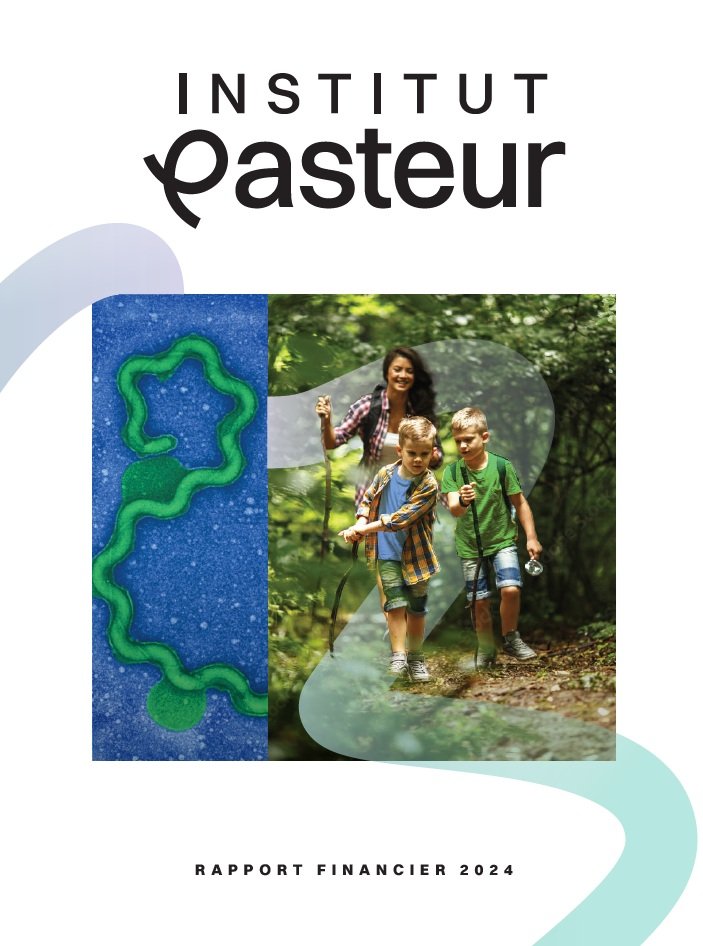DIFFERENT TYPES OF NOTARIZED DONATIONS
There are several types of notarized donations:
- donation of full ownership,
- donation without usufruct (or right of use),
- temporary donation of usufruct,
- donation under article 788-III of the French General Tax Code.
The first three are attested by a notarial deed.
Donation of full ownership
This is the simplest type of notarized donation: the donor gives full ownership of a property. It is irrevocable and is only valid if attested by notarial deed.
Donation without usufruct
This donation transfers ownership of the bare property. The donor withholds the right to use the property and continues to collect the income from it (rent, interest, etc.) until their passing.
Temporary donation of usufruct
In this type of donation, the donor retains bare ownership of the property while the income from it goes to a chosen beneficiary. This is a way of saving on income tax and the solidarity tax on wealth (ISF).
Five key conditions to a temporary donation of usufruct:
- The donation must be attested by a notarial deed.
- The donation must support a registered charity that is authorized to receive donations, such as the Institut Pasteur.
- The donation must be set up for a minimum of three years.
- The assets donated must support the specific objectives and purposes of the benefitting organization (income from securities, rental income, etc.).
- The benefactor retains their rights, as administration of the property is fully exercised by the beneficiary of the donation.
Donation under article 788-III of the French General Tax Code
This type of donation grants an exemption of inheritance tax to the person inheriting an asset and giving it up to a charitable organization such as the Institut Pasteur. The tax exemption is up to the value of the gift. The donation must be formalized within six months of the former owner’s passing, by issue of a special tax receipt which must be filed with the declaration of succession.
Your notary will provide more details about the options outlined above.














